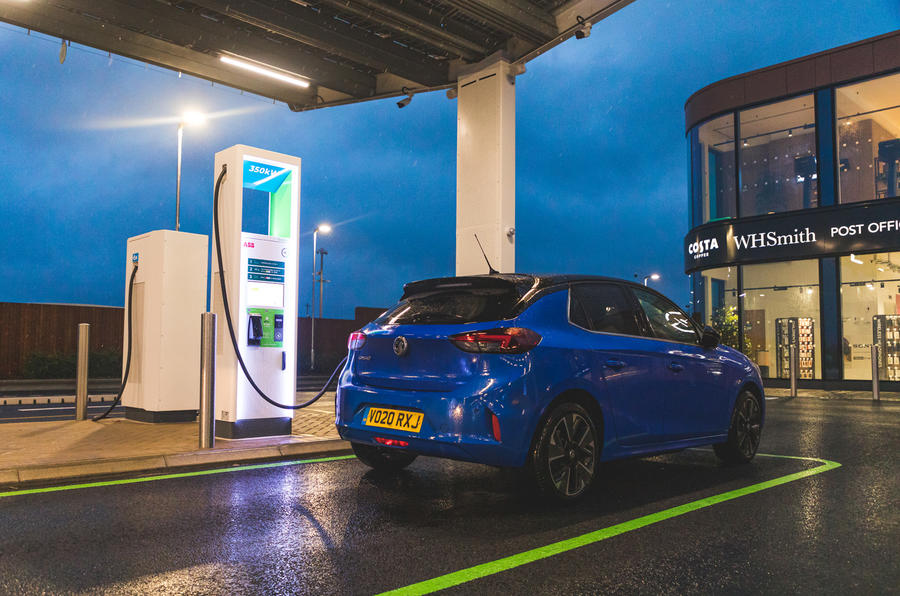Governments must consider the need to keep cars affordable for the masses and the full lifecycle impact of a vehicle when mandating the switch to full electrification.
That’s according to Stellantis boss Carlos Tavares, who wants it to be remembered that “the scientific decision on the choice of this technology hasn't been made by the automotive industry”.
“I think we could have been more efficient with multiple technologies, not one single technology,” said Tavares at the Financial Times Future of the Car summit.
“When you look at carbon emissions, we should look at lifecycle emissions for the masses. If we make future mobility [specifically electric cars] only affordable for wealthy people, we will have a fleet of older cars that will continue to emit.
"How do you keep cleaner mobility affordable to have a significant impact on the number of tonnes of CO2 we emit? It's not as simple as having cars on sale: you need people wiling to buy and afford them. If we don’t keep the affordability, we will impact freedom of mobility, which is a major problem for modern democracies.”
Tavares said he was committed to bring in EVs as required by legislation, but even more so on reducing emissions. However, he said that governments mandating purely on tailpipe emissions are missing the bigger picture and driving up the cost of vehicles for consumers.
“In one decade, mobility devices will be 300-500kg heavier than today,” he said. “That will bring to the table the topic of materials. The scarcity of them and renewable ones.
"No one should forget where the decision has come from: it’s not the automotive industry. We should keep that in mind for the future. We’re flat out getting things done, have full compliance and are committed to doing our bit for global emissions.
"The shift we’re bringing is solutions to protect future mobility. They need to be clean and safe, but we shouldn't forget affordability.”
Tavares said that “governments are surfing on public opinion” around a mandate switch to EVs, “which is fine with me, but you need to understand the science, the full lifecycle analysis – not just the tailpipe emissions, which aren't the same”.
He added: “There is a strong link between freedom of mobility, lifestyle, regulations and low-emissions vehicles.









Join the debate
Add your comment
@HiPo 289
The issue in your narrative is that, today, I am still using the Nokia I bought brand new way back in 2005. I also own a smartphone, the Nokia beats it hands down on calls & messaging. Any other functionality from the "smart" phone is plain useless. Don't get me started on the massive footprint of the "smart" compared to the Nokia. The Nokia beats it to death!
So, Apple has been getting 0 business from me, since ever. Their non-conservative vision of the phone business has generated 0 profit from me. I wish them good, 2 middle figers available to them all days. Granted, Nokia could care less, they had profited very good from me since they managed on selling more than 4 mobiles to me. Good stuff. Still good.
And Nokia is still in business.
@ 289
Leaded petrol was proposed and lobbied for by General Motors - at a time when scientists were well aware of the problems with lead - and eventually regulated and banned by governments, not phased out organically by the industry.
Exhaust toxicity has been cleaned up due to regulation from the EU/EEC, EPA, CARB and Japan's Ministry of the Environment. Many manufacturers were still skirting around Euro6 regs right up until 2017 when real-world testing finally became mandated.
We wouldn't have electric vehicles from major manufacturers today *at all* if it wasn't for government-sponsored research programmes, fleet emissions regulations and regional EV mandates.
If you have another take, kindly enlighten us rather than just being a troll.
@ Vertigo
The naivety of your comment illustrates your lack of understanding of the motor industry.